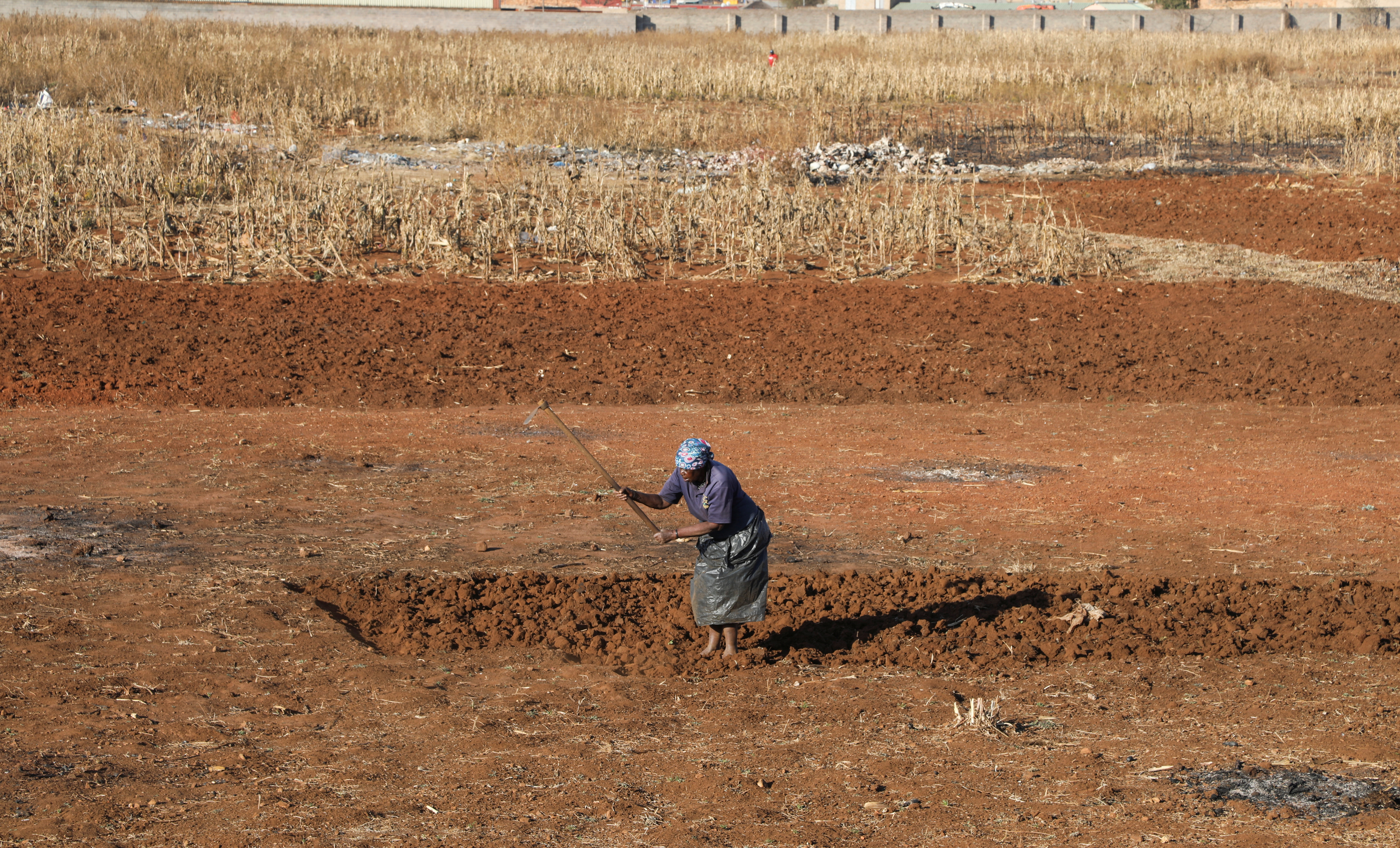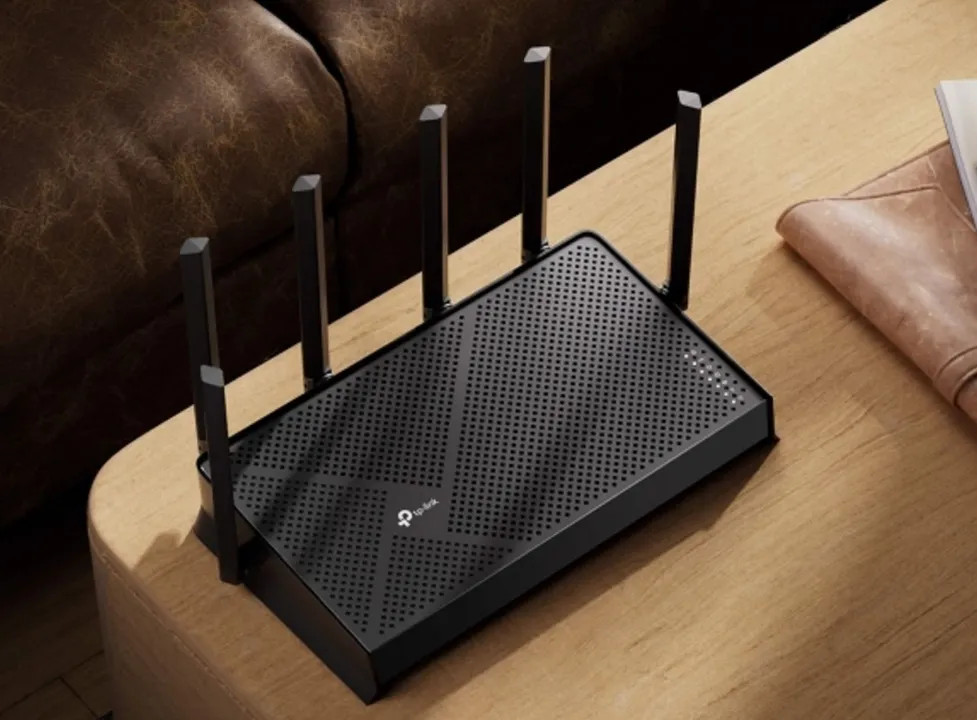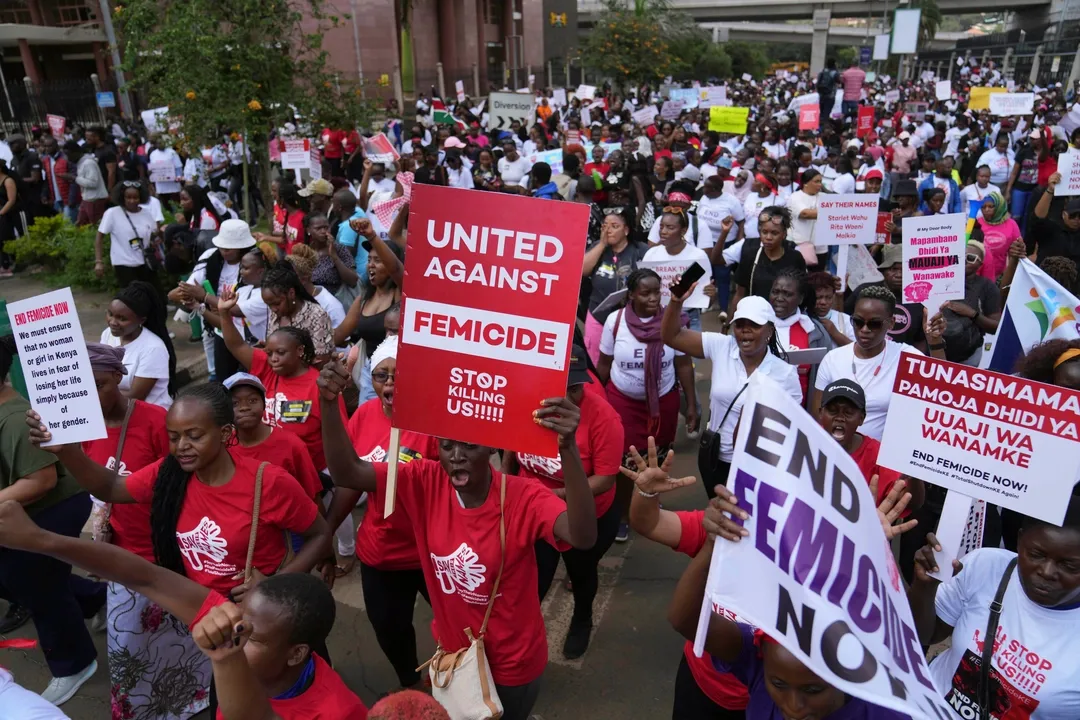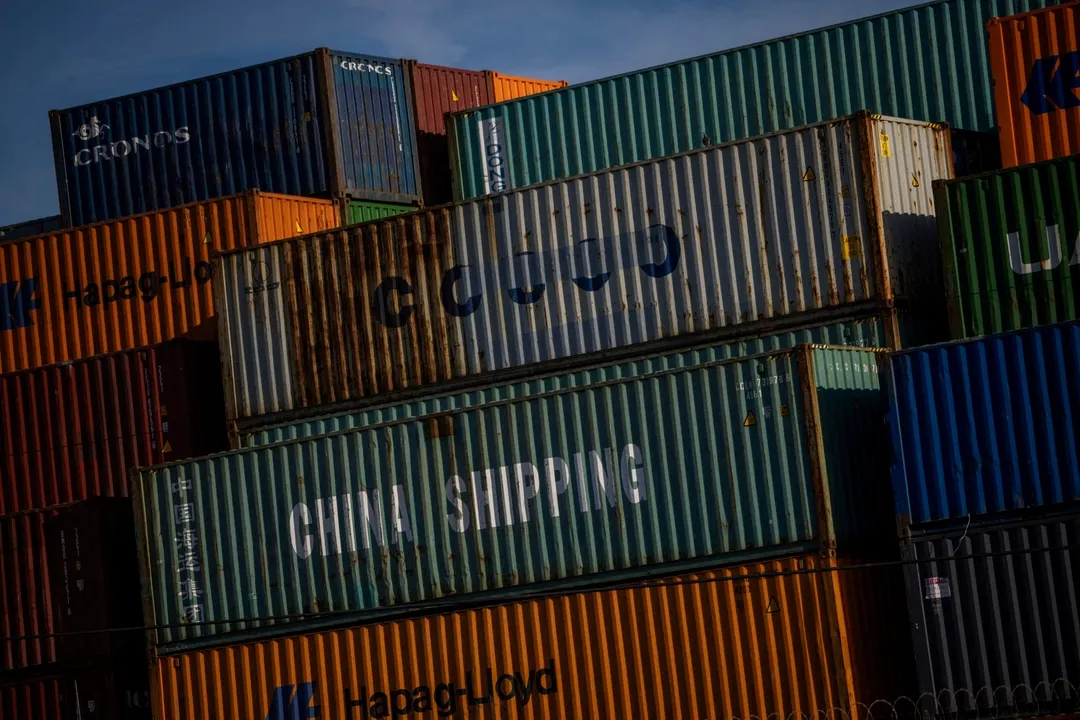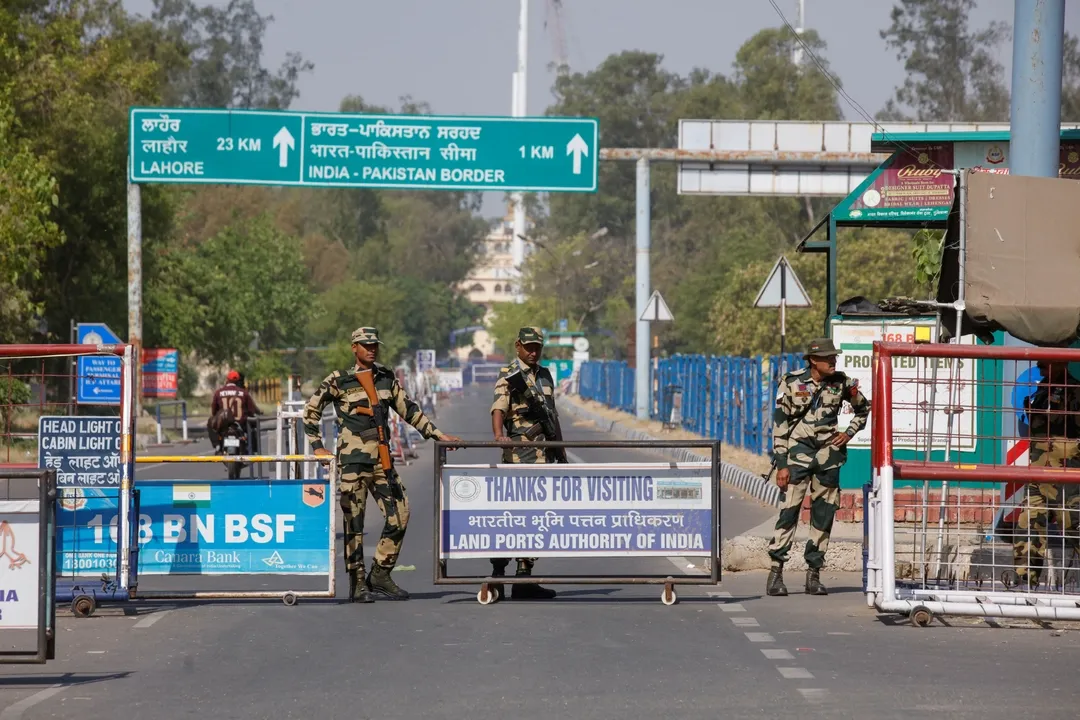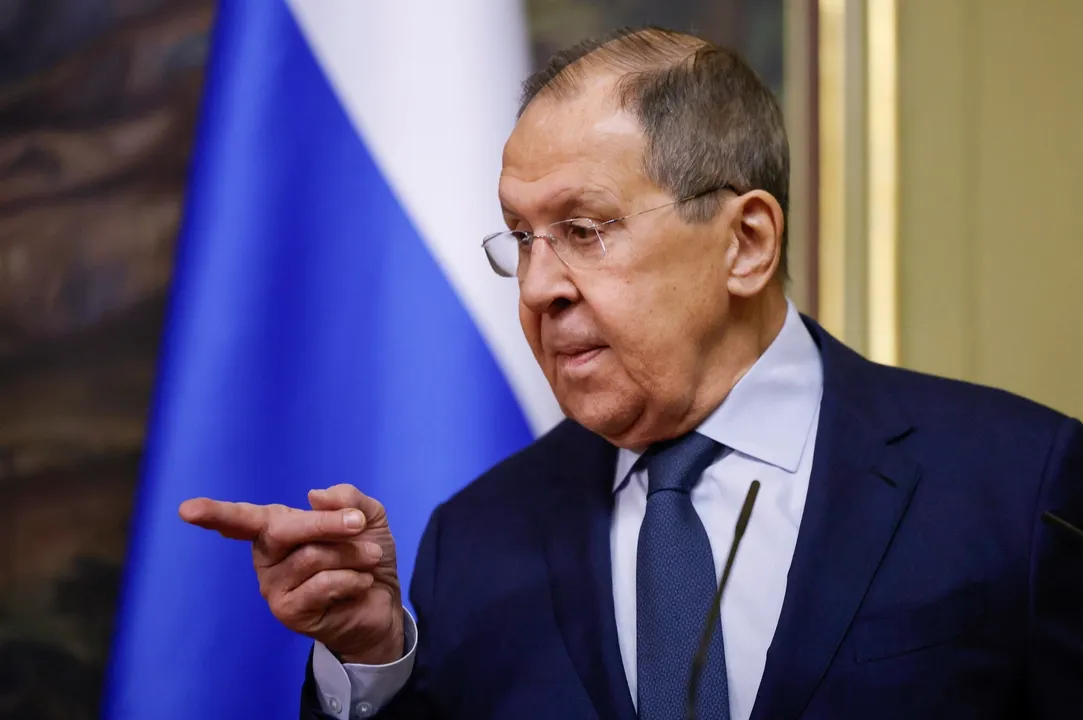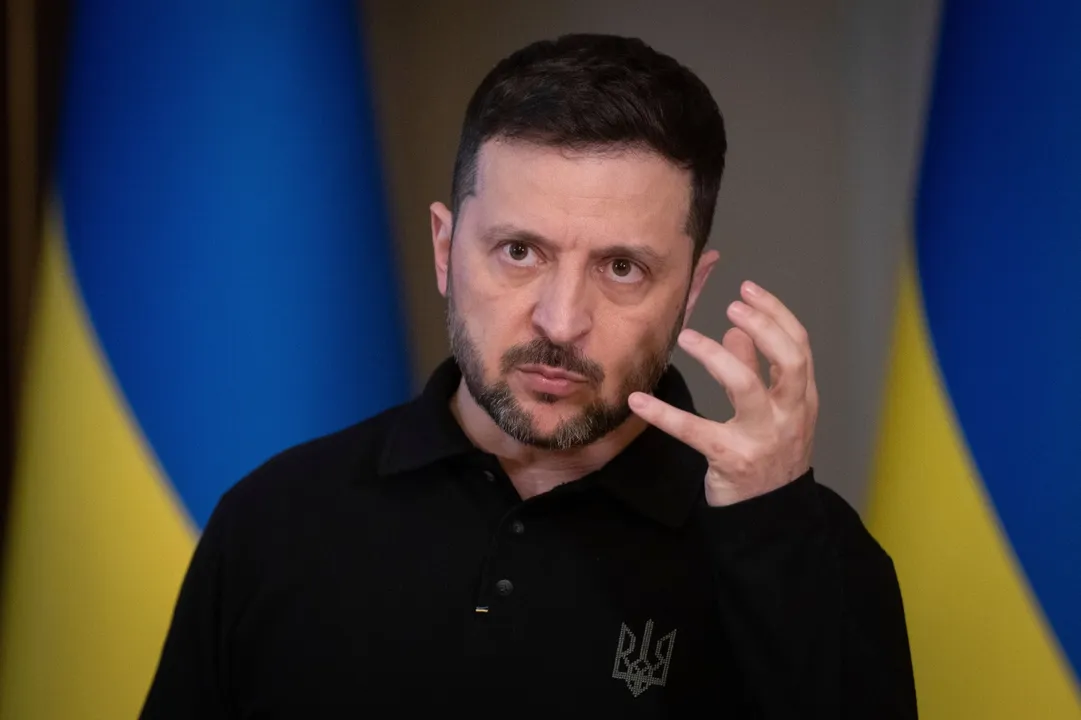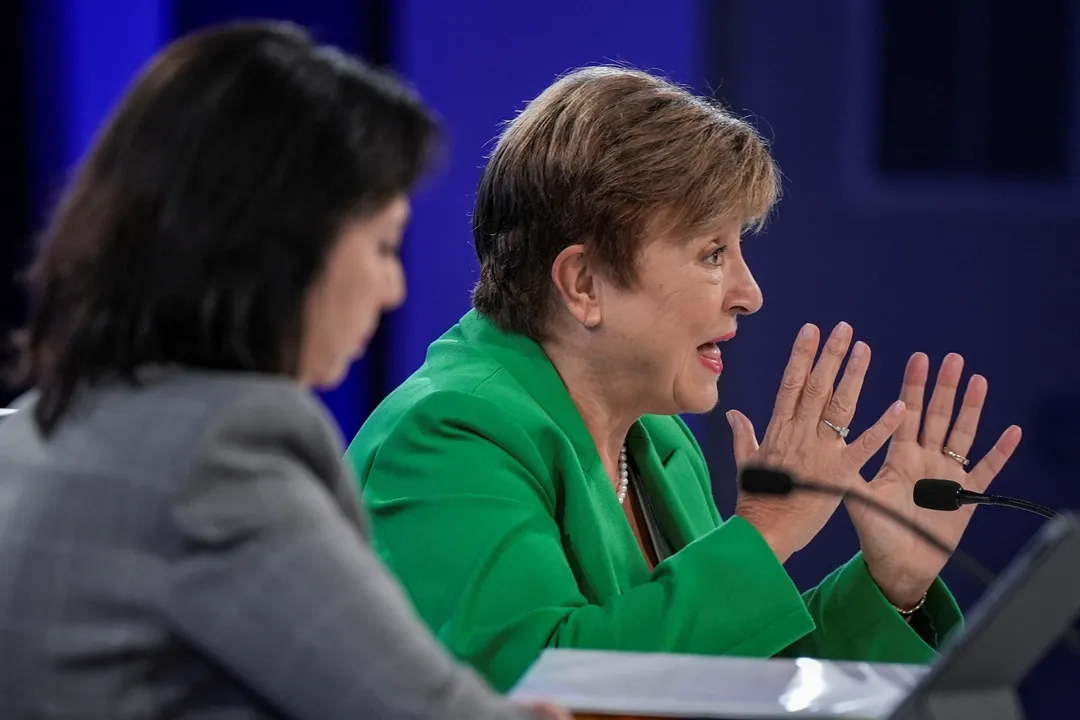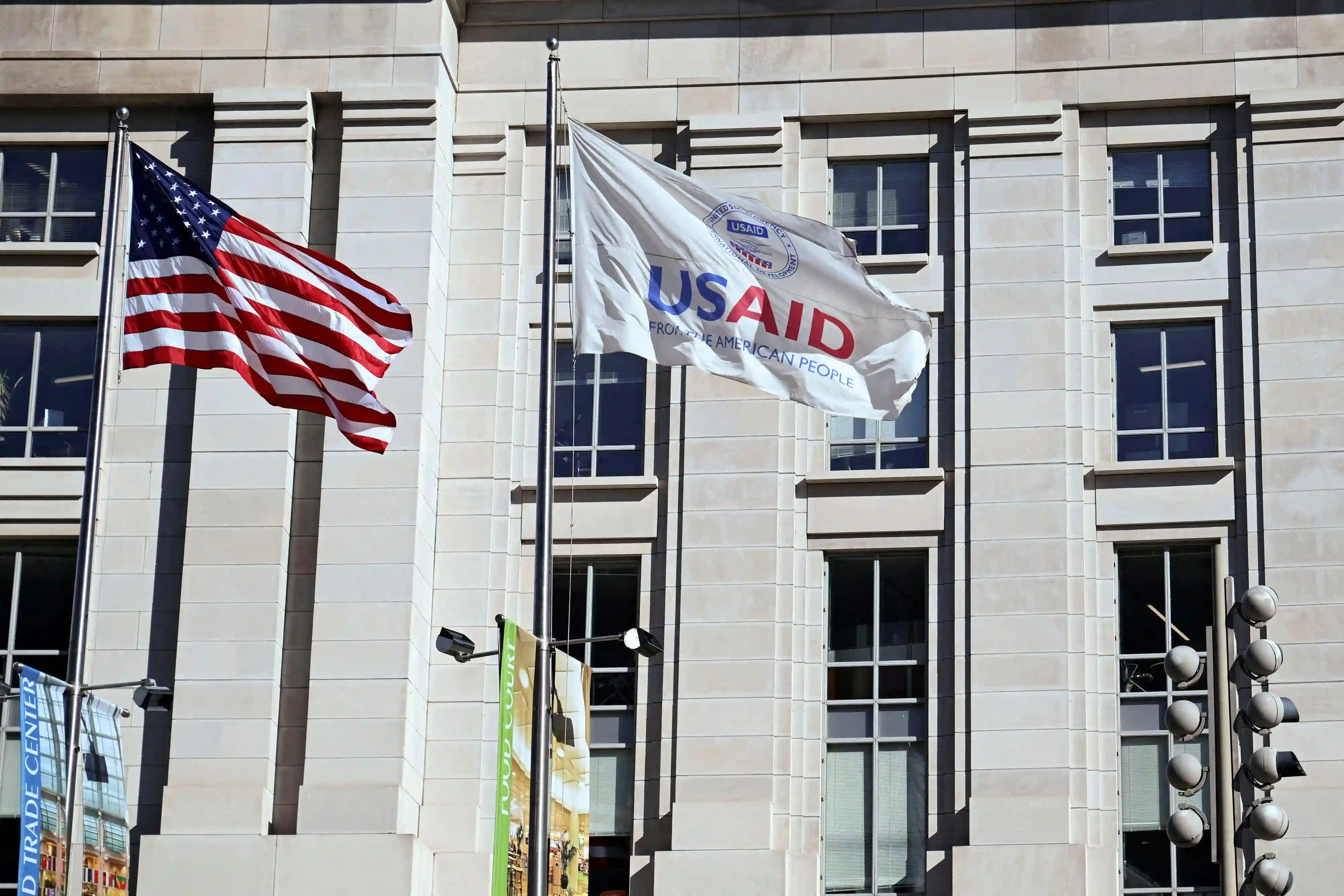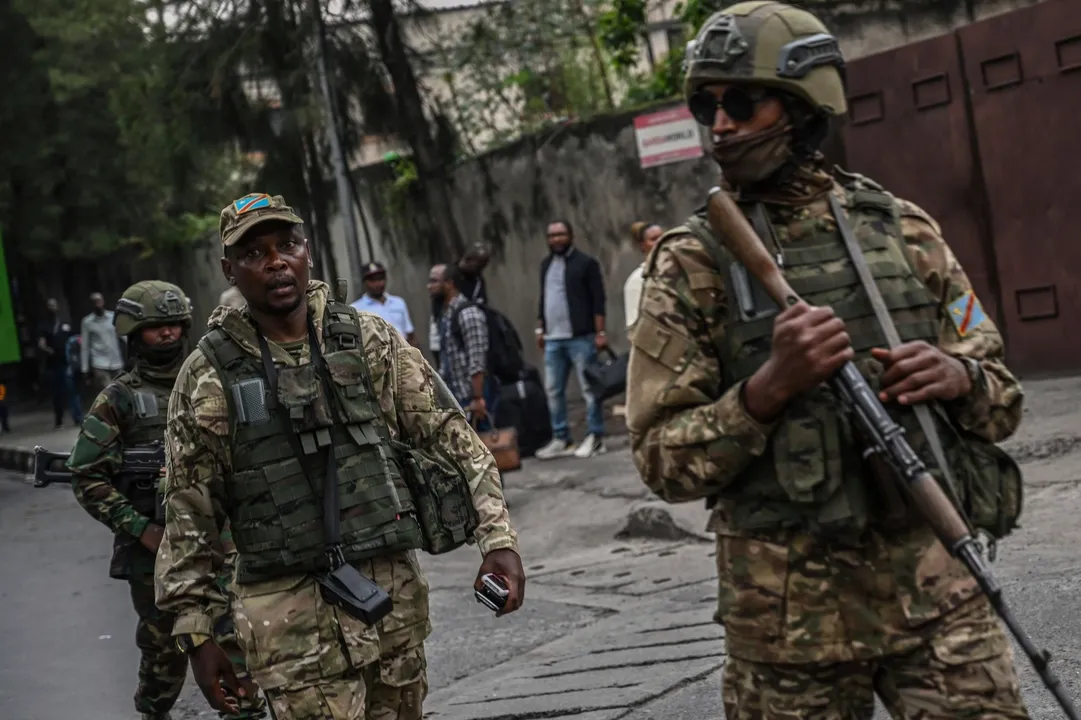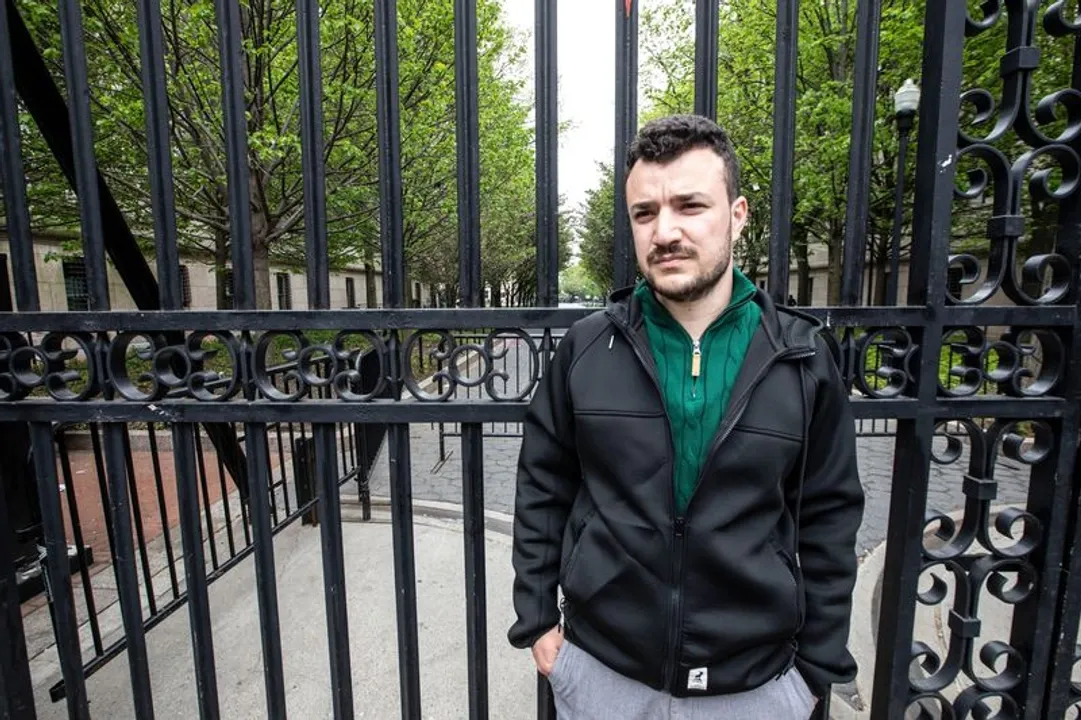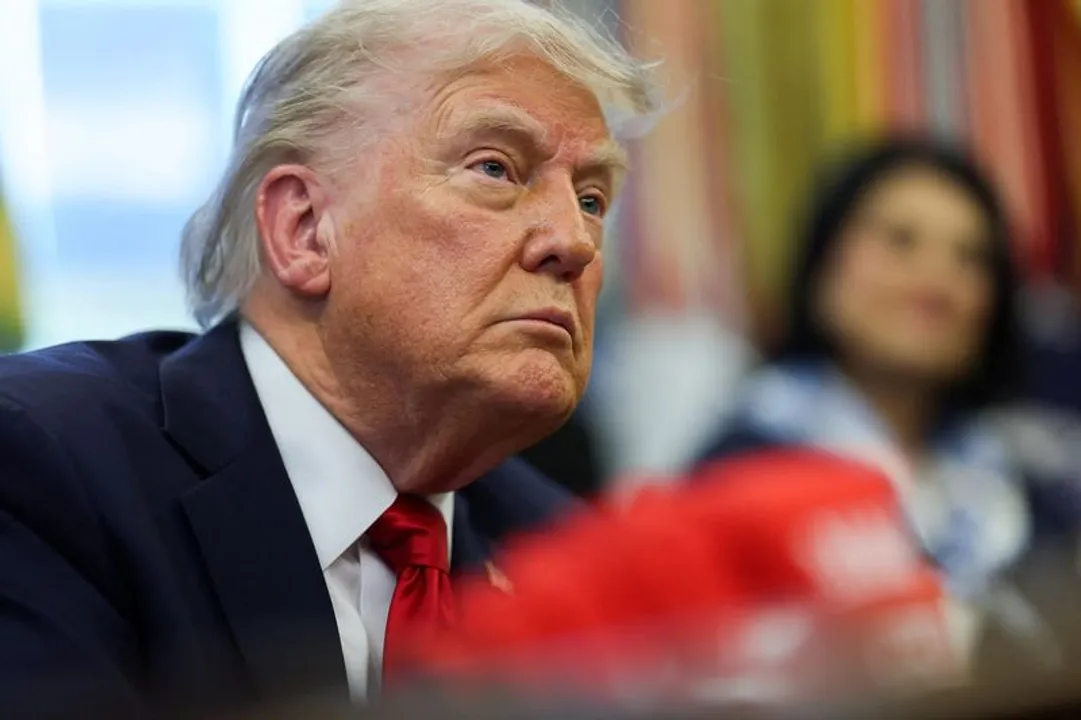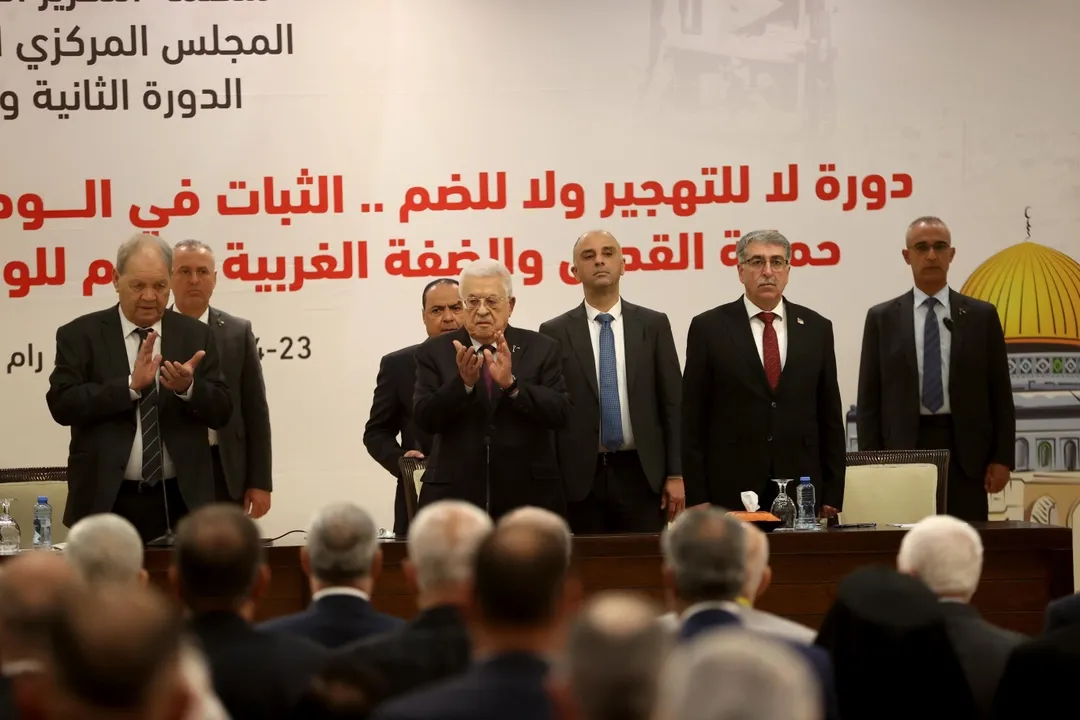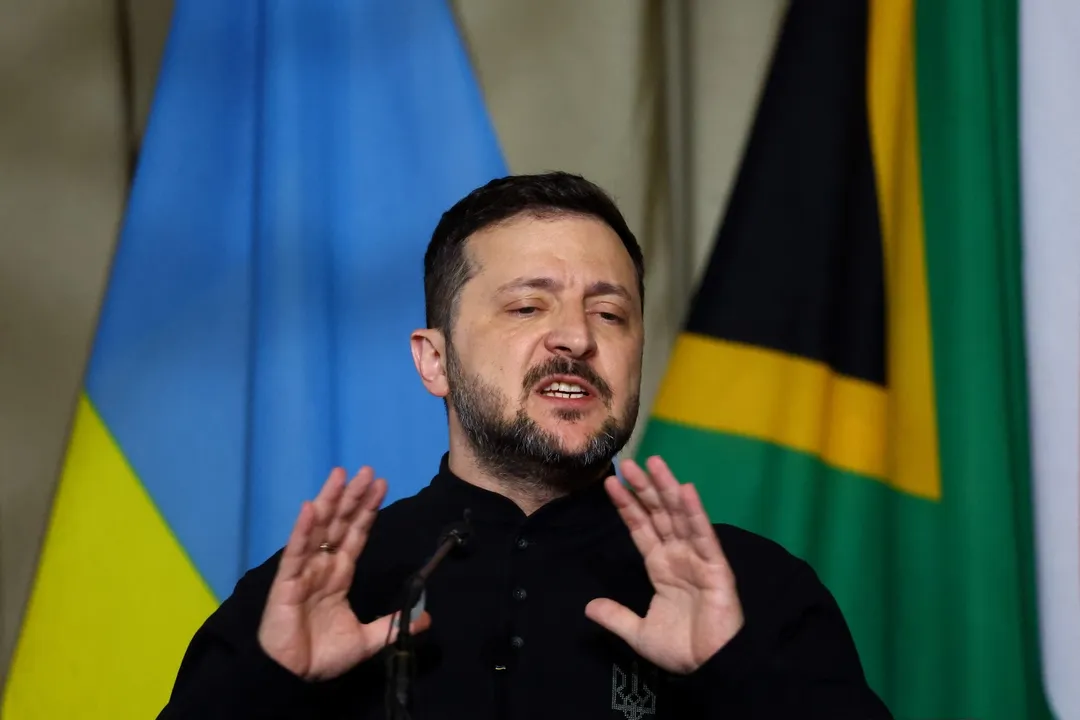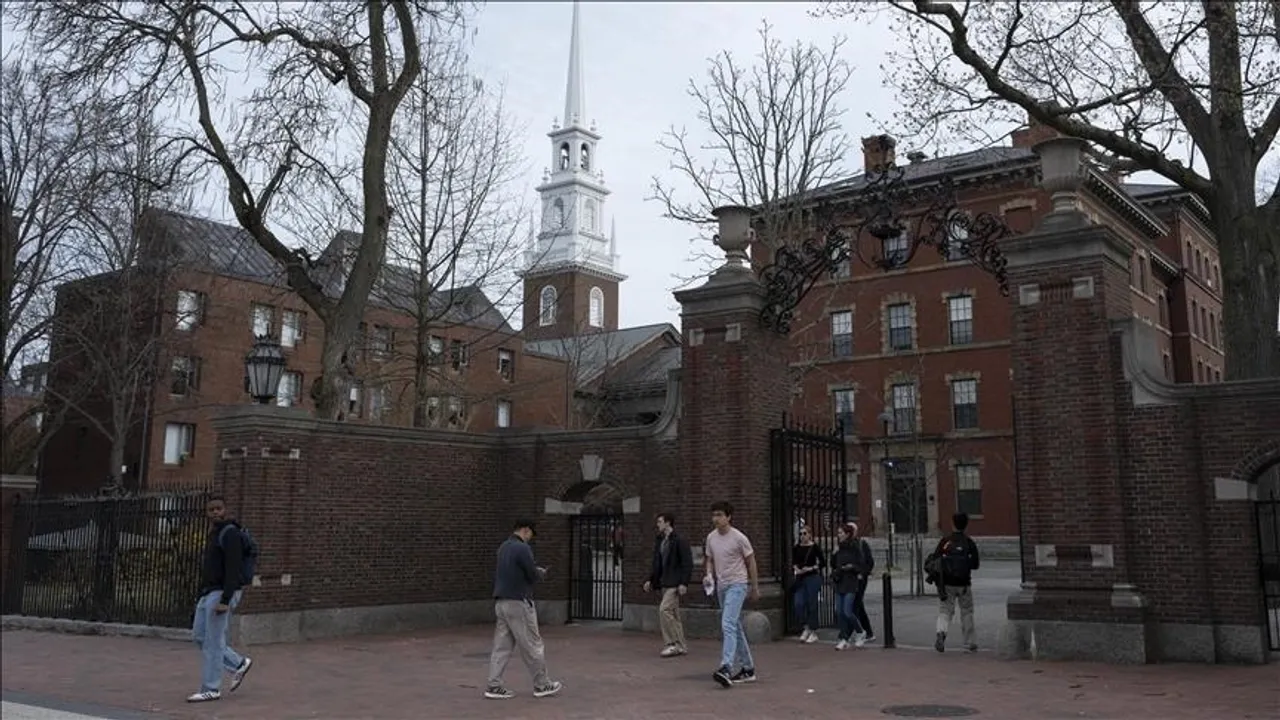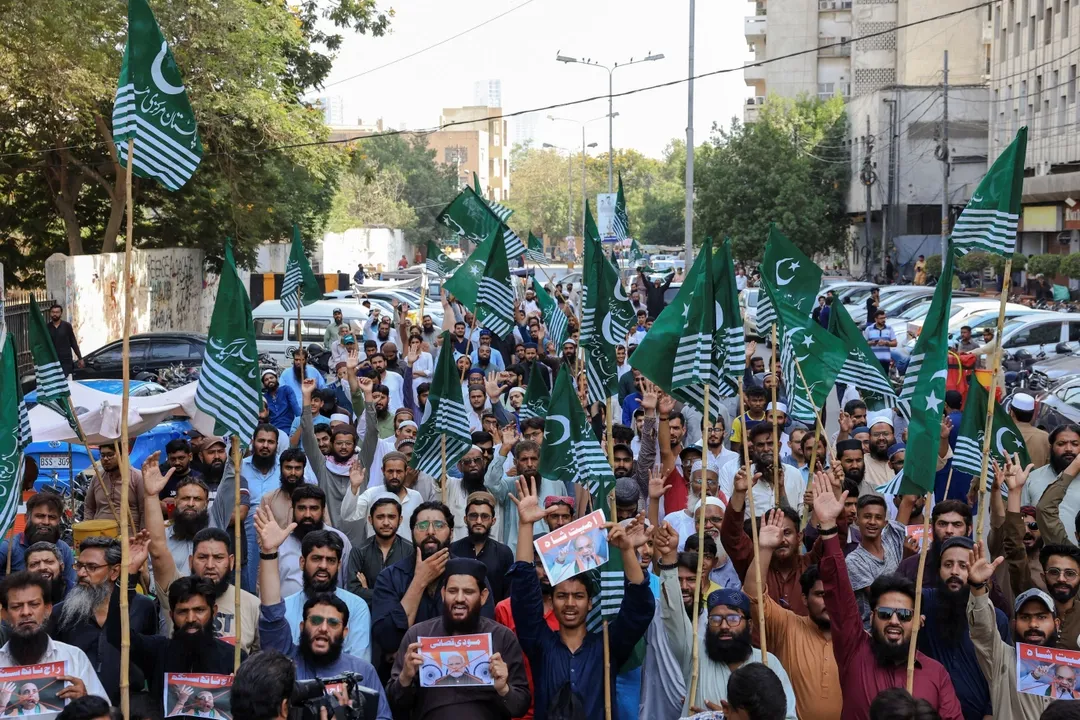South Africa has rejected claims by US President Donald Trump, saying Pretoria did “not confiscate” any land.
“The recently adopted Expropriation Act is not a confiscation instrument, but a constitutionally mandated legal process that ensures public access to land in an equitable and just manner as guided by the constitution,” said a statement from the office of President Cyril Ramaphosa on Monday.
Pretoria's statement was in response to Trump's threat that he was cutting future funding to South Africa over alleged land confiscation and mistreatment of "certain classes of people."
"South Africa is confiscating land, and treating certain classes of people VERY BADLY ... A massive Human Rights VIOLATION, at a minimum, is happening for all to see," Trump said on his Truth Social platform.
Trump’s outburst came after South African President Cyril Ramaphosa last month signed the Expropriation Bill into law, replacing the pre-democratic Expropriation Act of 1975.
Is Elon Musk involved?
South Africa says the 1913 Natives Land Act led to thousands of Black families being forcibly removed from their land.
Apartheid’s formal policies remained in place until 1990, with South Africa holding its first multi-racial elections in 1994.
The new legislation outlines the process by which state entities can expropriate land in the public interest for various purposes.
The issue has become a rallying point for the right, with figures like Elon Musk and far-right journalist Katie Hopkins defending white landowners.
Musk, born in Pretoria on June 28, 1971, had an engineer father and a Canadian-born model mother before he left South Africa in his teens.
Separately, Katie Hopkins was temporarily banned from leaving South Africa after authorities confiscated her passport over allegations of spreading racial hatred.
Trump said the US will halt all funding to the country until a thorough investigation into the matter is completed.
However, Ramaphosa’s office said South Africa was a “constitutional democracy that is deeply rooted in the rule of law, justice and equality.”
It clarified that South Africa was receiving only HIV/AIDS prevention funding.
